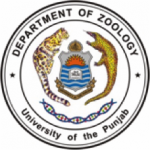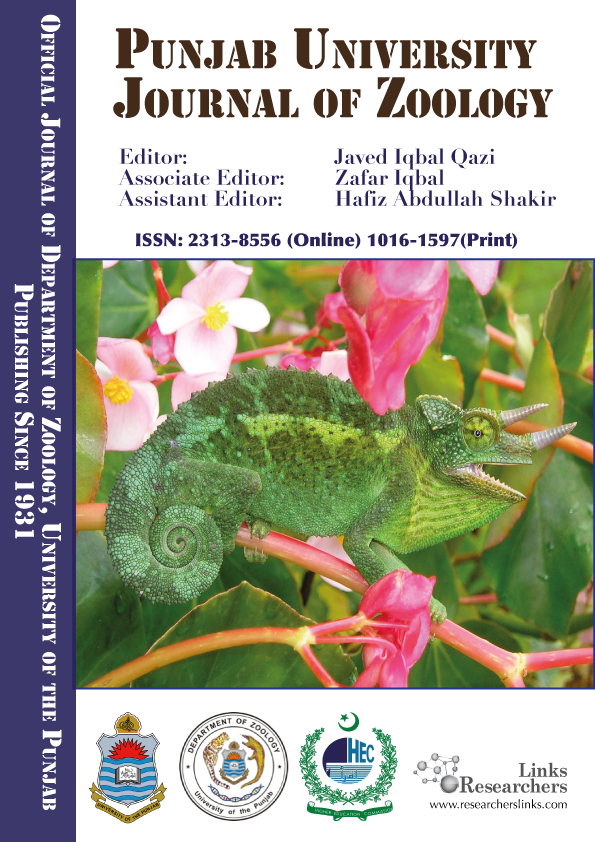Knowledge, Attitudes, and Perceptions Towards Beta-Thalassemia among Residents of Azad Kashmir, Pakistan
Knowledge, Attitudes, and Perceptions Towards Beta-Thalassemia among Residents of Azad Kashmir, Pakistan
Farheen Shafique1, Shaukat Ali2*, Mahreen ul Hassan3, Saiqa Andleeb1
ABSTRACT
To share on other social networks, click on any share button. What are these?







